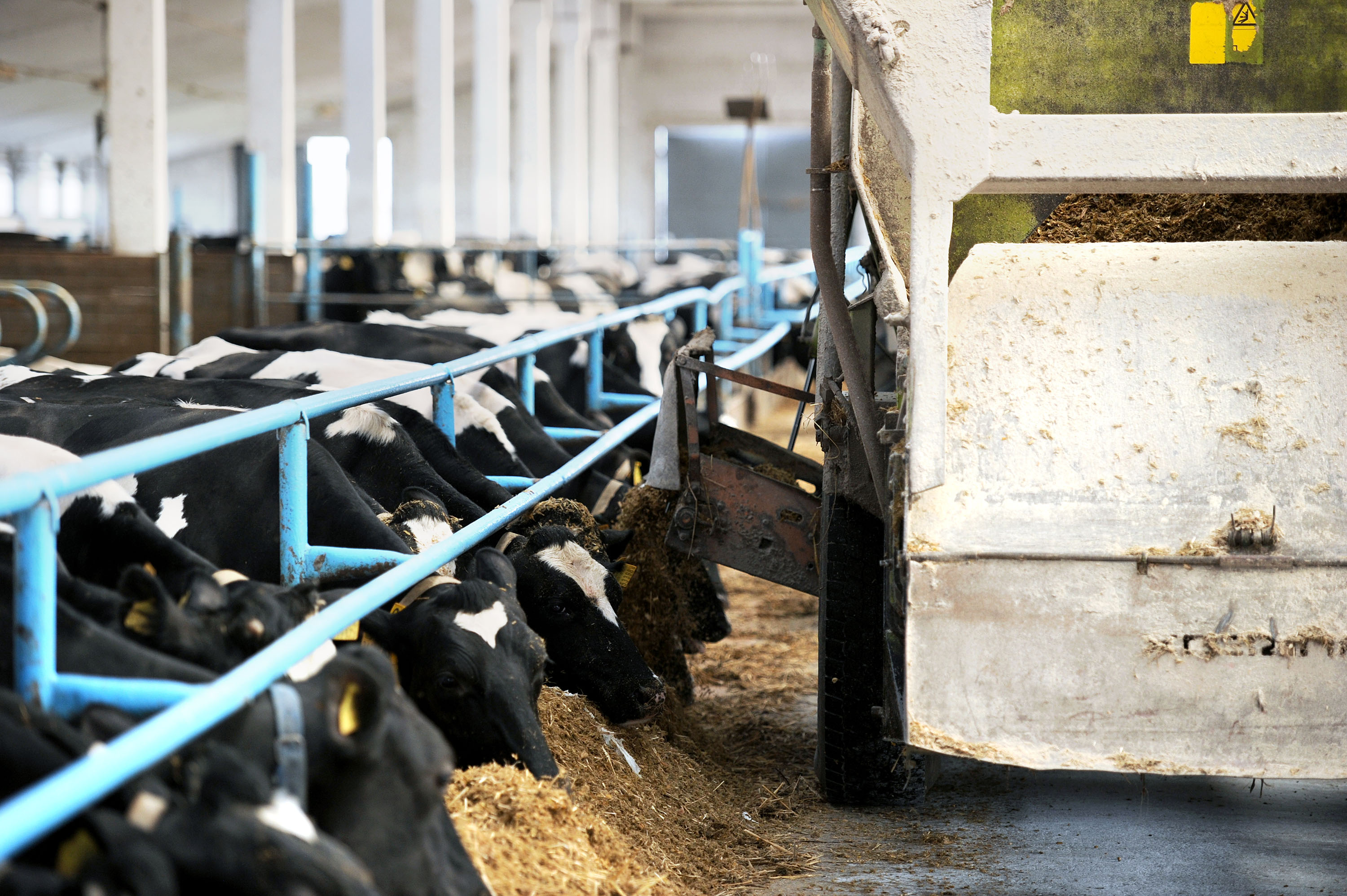London AMR meeting sets direction for Codex taskforce
The working group hosted by UK and co-chaired by the USA and Australia met in London from 29 November to 2 December 2016 to complete the tasks set by the 39th Codex Alimentarius Commission.
Taskforce to tackle emerging global threat
This work involved preparing the work for the Codex Task Force on antimicrobial resistance (AMR) which will begin its discussions in 2017.

Hosted by the Republic of Korea, this body will review and revise Codex texts to address uses of antimicrobials in agriculture and provide Codex members with guidance on the design and implementation of a programme for integrated surveillance of AMR. If countries use the same methods for monitoring AMR then surveillance data and trends from different countries or regions can be more easily compared in the fight against this global threat.
This work is particularly relevant to Codex both in its mandate to protect the health of consumers and in its global strategy to address current and emerging food issues.
The London meeting also agreed on how to engage the Codex parent organisations FAO and WHO, together with OIE in the provision of scientific advice on AMR.
Senior Codex Food Standards Officer Annamaria Bruno said:
We are extremely pleased with the outcome, which will allow the taskforce to expedite this vital work.
"We are also grateful to UK for the preparatory work and the arrangements for the meeting and to the vice chairs (Australia and the United States of America) and all participants for the constructive discussion and concrete outcomes" she added.
UK Chair Steve Wearne concluded that extensive discussion had allowed the working group to achieve a broad consensus on the tasks they had been set on AMR.
Geneva 2017
The recommendations of the working group will be submitted to the 40th session of the Codex Alimentarius Commission scheduled for July/August 2017 in Geneva for approval.
At the heart of the Codex mandate are the core values of collaboration, inclusiveness, consensus building and transparency. Governmental and non-governmental, public and private organizations alike play a vital role in ensuring Codex texts are of the highest quality and based on sound science.
Codex would have little authority in the field of international standard setting if it did not welcome and acknowledge the valuable contributions made by observers. Expert technical bodies, industry and consumer associations
contribute to the standard-setting process in a spirit of openness, collaboration and transparency.
Intergovernmental organizations (IGOs) and international non-governmental organizations (NGOs) can apply for observer status in Codex in order to attend and put forward their views at every stage of the standard-setting process.
 Current Codex Alimentarius Commission
Current Codex Alimentarius Commission
London AMR meeting sets direction for Codex taskforce
The working group hosted by UK and co-chaired by the USA and Australia met in London from 29 November to 2 December 2016 to complete the tasks set by the 39th Codex Alimentarius Commission.
Taskforce to tackle emerging global threat
This work involved preparing the work for the Codex Task Force on antimicrobial resistance (AMR) which will begin its discussions in 2017.

Hosted by the Republic of Korea, this body will review and revise Codex texts to address uses of antimicrobials in agriculture and provide Codex members with guidance on the design and implementation of a programme for integrated surveillance of AMR. If countries use the same methods for monitoring AMR then surveillance data and trends from different countries or regions can be more easily compared in the fight against this global threat.
This work is particularly relevant to Codex both in its mandate to protect the health of consumers and in its global strategy to address current and emerging food issues.
The London meeting also agreed on how to engage the Codex parent organisations FAO and WHO, together with OIE in the provision of scientific advice on AMR.
Senior Codex Food Standards Officer Annamaria Bruno said:
We are extremely pleased with the outcome, which will allow the taskforce to expedite this vital work.
"We are also grateful to UK for the preparatory work and the arrangements for the meeting and to the vice chairs (Australia and the United States of America) and all participants for the constructive discussion and concrete outcomes" she added.
UK Chair Steve Wearne concluded that extensive discussion had allowed the working group to achieve a broad consensus on the tasks they had been set on AMR.
Geneva 2017
The recommendations of the working group will be submitted to the 40th session of the Codex Alimentarius Commission scheduled for July/August 2017 in Geneva for approval.
 Codex and Observer
Codex and Observer
around the world since ancient times.
We might not always know where it comes from,
but we expect it to be available, safe and of good quality.










Leave a comment